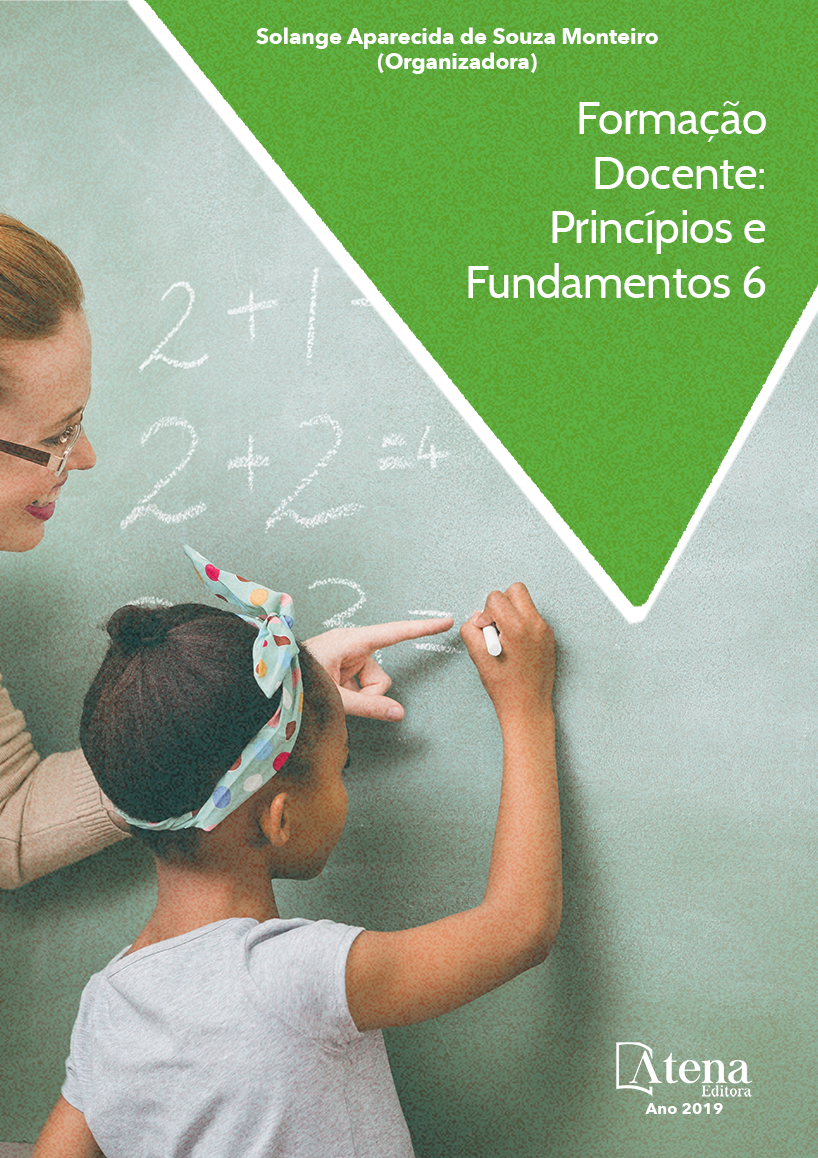
AMIZADE E ÉTICA NA SALA DE AULA: REFLEXÕES PARA A FORMAÇÃO DE PROFESSORES
O presente capítulo pretende
apresentar algumas ideias e reflexões sobre a
importância da amizade e da ética na formação
dos professores. De caráter teórico, as reflexões
aqui delineadas são resultados de uma revisão
bibliográfica, sobretudo no campo da filosofia
da educação. Partimos da ideia de que na sala
de aula se experimenta situações que tem
desafiado os professores a buscar respostas e
saídas que muitas vezes não são satisfatórias,
podendo, inclusive, acirrar os ânimos entre
eles e os seus alunos. Nessa perspectiva, a
amizade pode ocupar um espaço na vida das
pessoas, levando à mudança de atitudes e a
uma nova postura ética entre de professores e
alunos. Decorrente desse processo, a proposta
é defender a ideia de que no processo de
formação dos professores sejam assegurados
conteúdos e discussões que levem em
consideração a pluralidade e as singularidades
existenciais que habitam o espaço escolar.
Para tanto, incluir temas atinentes ao campo
da ética, tais como alteridade, amizade, etc.,
podem favorecer a construção de um ambiente
relacional saudável e de um processo de
aprendizagem e de ensino mais próximo dos
interesses e desejos dos alunos, conforme
levantamento exploratório realizado. Enfim, a
reflexão proposta visa ir além dos pressupostos
cognitivos e epistemológicos na educação,
presentes e predominantes desde a formação
dos docentes. A ética nos exorta a refletir e a
examinar as crenças, os desejos, os valores e
os sentimentos que constituem a existência de
cada um de nós, que se manifesta nas nossas
formas de agir, sentir, falar e pensar, também
na sala de aula.
AMIZADE E ÉTICA NA SALA DE AULA: REFLEXÕES PARA A FORMAÇÃO DE PROFESSORES
-
DOI: 10.22533/at.ed.72919300526
-
Palavras-chave: Formação de professores. Ética. Sala de Aula. Amizade.
-
Keywords: Teacher training. Ethics. Classroom. Friendship.
-
Abstract:
This chapter intends to present
some ideas and reflections on the importance
of friendship and ethics in the formation of
teachers. Of theoretical character, the reflections
here outlined are results of a bibliographical
revision, mainly in the field of the philosophy
of the education. We start from the idea that in
the classroom situations are experienced that
have challenged teachers to seek answers and
exits that are often not satisfactory, and may
even stir up the mood between them and their
students. From this perspective, friendship can
occupy a space in people’s lives, leading to a change of attitudes and a new ethical
stance between teachers and students. As a result of this process, the proposal is to
defend the idea that contents and discussions that take into account the plurality and
the existential singularities that inhabit the school space will be ensured in the teacher
training process. In order to do so, to include topics related to the field of ethics, such as
alterity, friendship, etc., can favor the construction of a healthy relational environment
and a learning and teaching process closer to students’ interests and desires, according
to an exploratory survey accomplished. Finally, the proposed reflection aims to go
beyond the cognitive and epistemological assumptions in education, present and
predominant since the training of teachers. Ethics urges us to reflect and examine the
beliefs, desires, values and feelings that make up the existence of each one of us,
which is manifested in our ways of acting, feeling, speaking and thinking, also in the
classroom.
-
Número de páginas: 15
- Fabiola Colombani
- Alonso Bezerra de Carvalho


